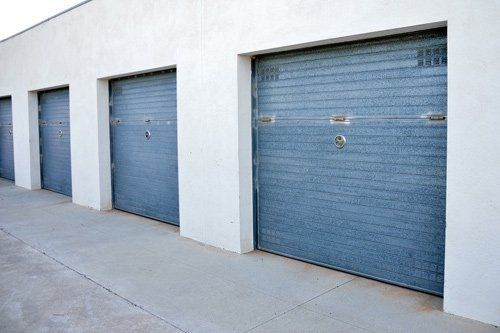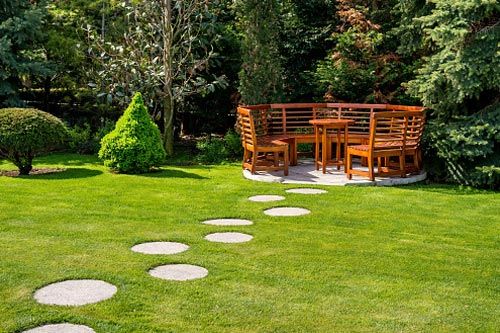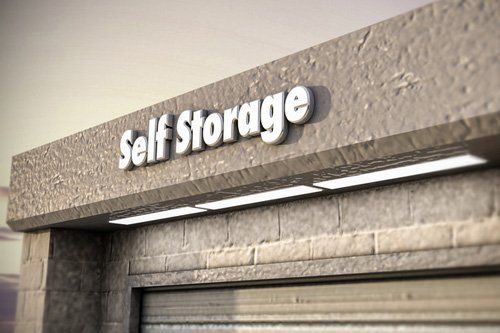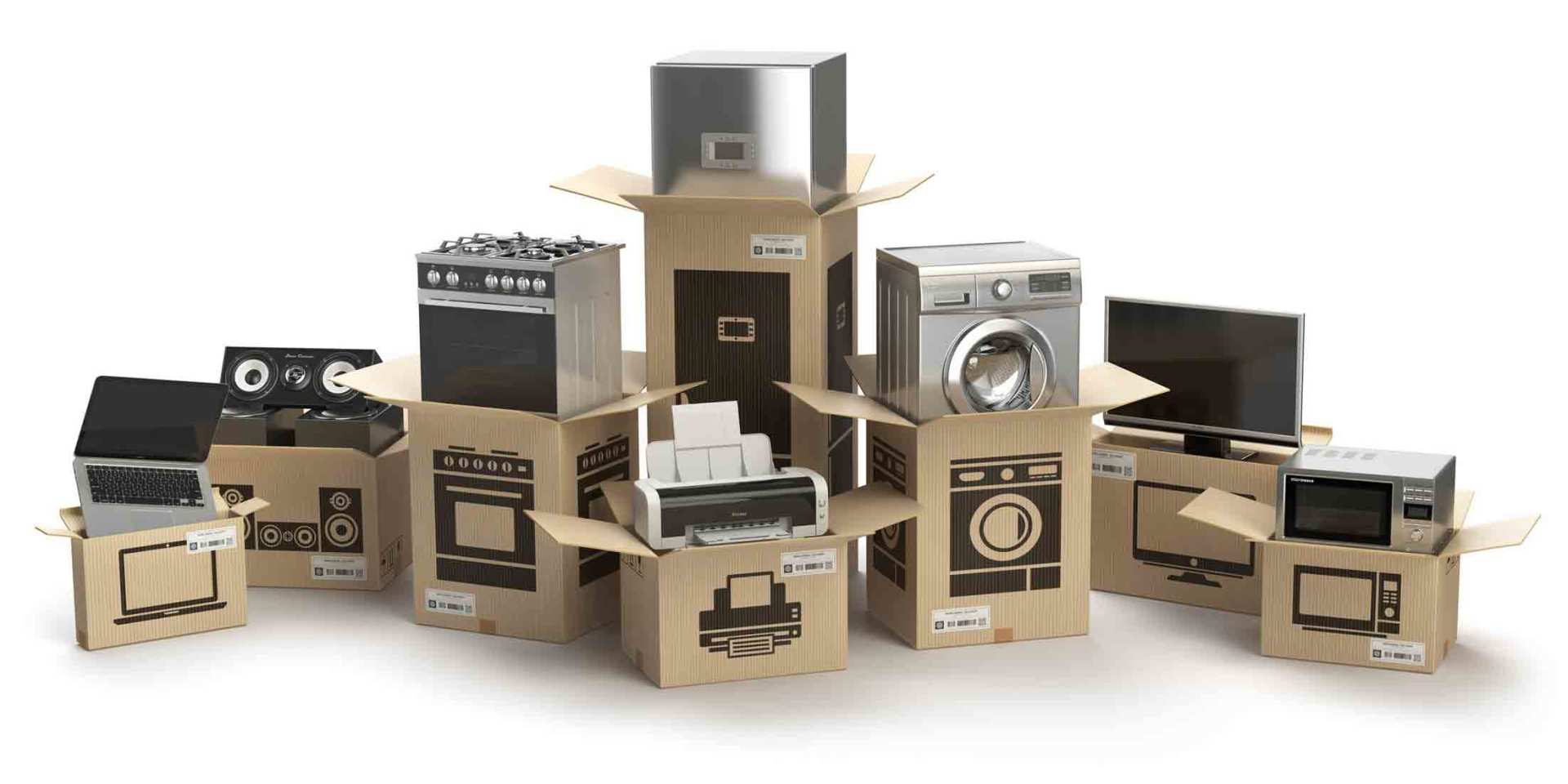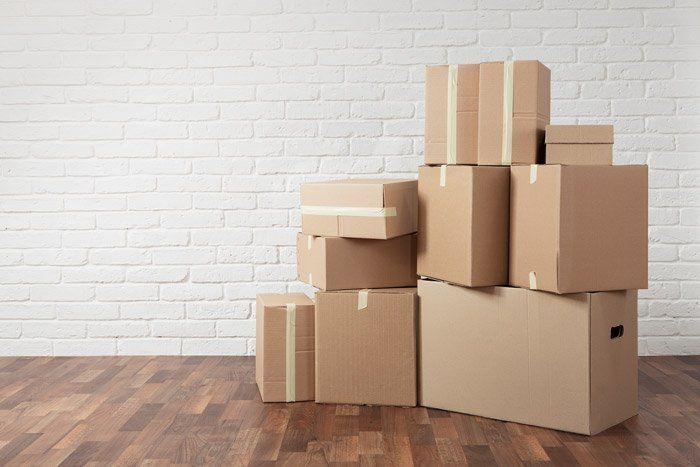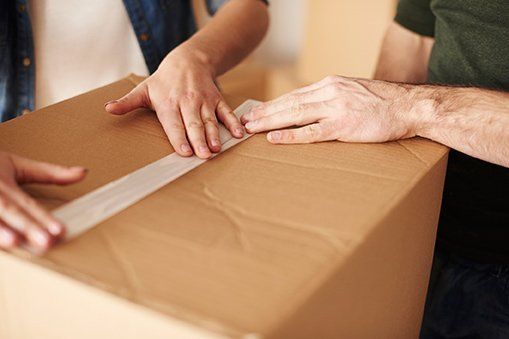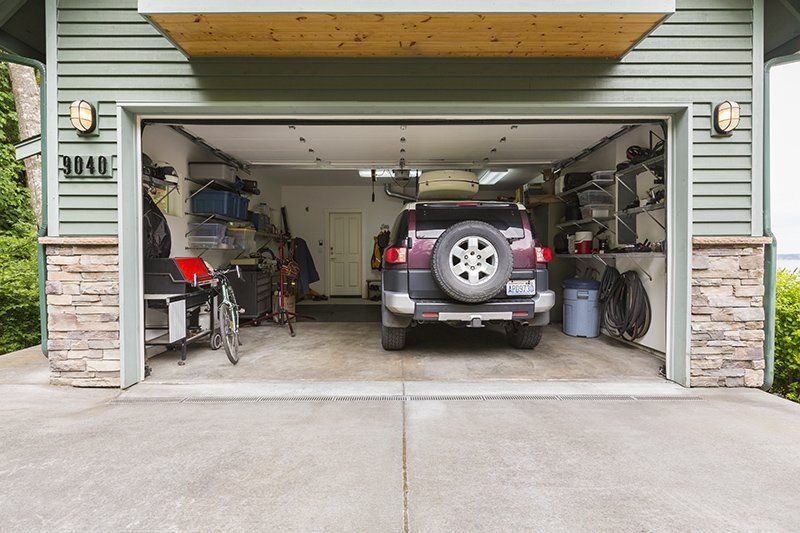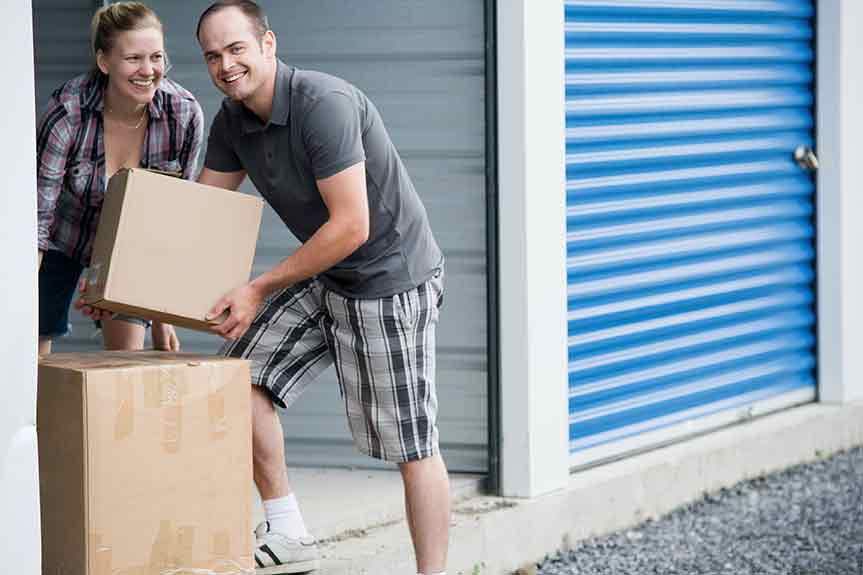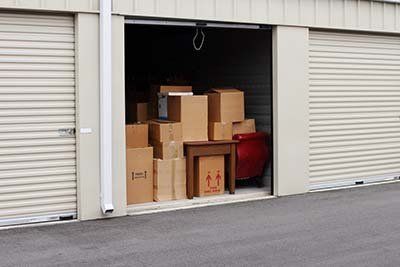Do's and Don'ts of Storing Pet Accessories
March 28, 2019
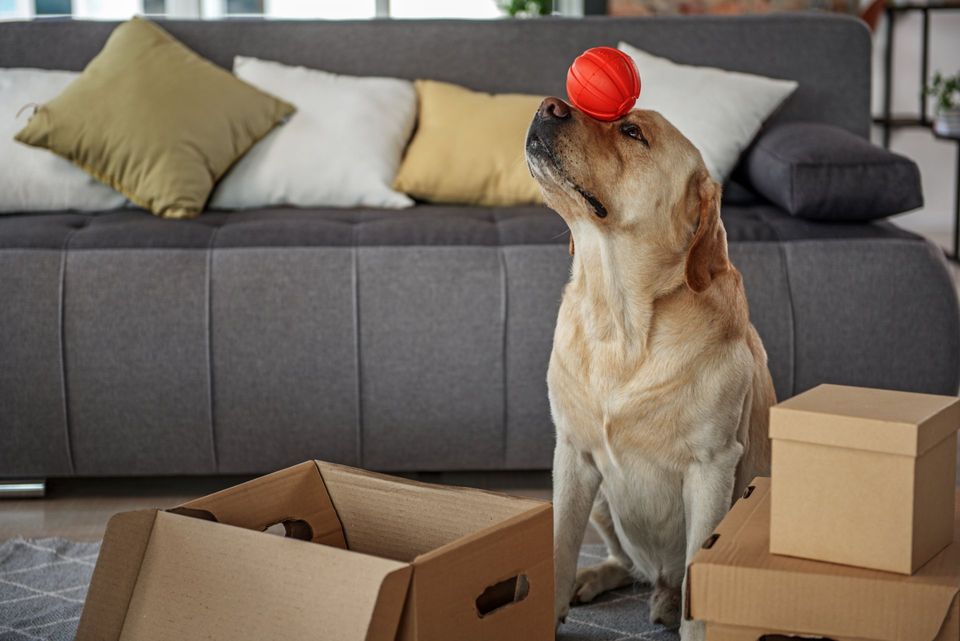
Whether you're moving or your pet's toys have just taken over the living room and you want to reclaim some of your space, taking some pet accessories to your storage unit can be a savvy move. Of course you should never leave your pet alone at a storage unit even temporarily, but that's not the case with pet toys and bedding.
Here are some do's and don'ts to follow when using self-storage for pet accessories.
Do: Wash Everything Pre-Storage
Some insects, such as wool moths, carpet beetles, cockroaches, and silverfish, are attracted to dirty bedding and clothing. The sweat, skin flakes, and pet hair on your pet's bed could attract an infestation that may cause damage to your accessories.
Wool moths and carpet beetles only feed on natural fibers, but just the shed hairs sticking to a pet bed could be plenty for them to live on. And other bugs, such as cockroaches, may chew through and damage the pet bed while attempting to eat the traces of food residue, sweat, and shed skin flakes, which are basically a buffet to them.
Therefore, you should get any pet bedding, coats, or other washable materials scrupulously clean before storage to help your unit avoid attracting bug infestations that could start in the pet bed and move on to your sweaters. You can further reduce the chances of infestation by storing items in airtight bags (this is especially important if any items are made of natural fibers).
Don't: Store (Most) Pet Food
Storage units frequently have rules against storing food because it can go bad or attract pests, and the same rules apply to pet food. Whether the policies specifically mention pet food or not, pet food can cause the same problems as any other food. For example, a bag of dry dog food can attract rodents, which can smell the food right through the bag and easily gnaw through to gain access.
Some storage units may have an exception for canned foods. Check the policies at your storage unit; if canned food is allowed, that likely includes canned pet food as well (as long as the cans are still sealed, of course).
Other types of food, such as fish food flakes, live crickets for your reptiles, or hay for a rabbits, shouldn't be stored. This includes things you might not immediately think of as food, from dog treats down to bacon-flavored chew toys.
Do: Use Cat Litter Instead of Storing It
While storing cat litter long-term isn't reliably a good idea, since it tends to absorb moisture and may not stay fresh, you can actually use that tendency in your favor. Instead of trying to save excess cat litter for later, use it as a dehumidifier in your storage unit.
Simply place some fresh cat litter in a shallow tray in the storage unit to absorb moisture. This won't be necessary in a climate-controlled unit, but in one with no humidity control it can be very helpful.
Don't: Store Aquarium Plants
Any live plants are a no-no for a storage unit, especially if it's a longer-term storage situation. The occasional low-light houseplant may survive a couple of days in a storage unit during a moving process, but aquarium plants tend to have specialized needs, and you typically aren't allowed to plug things in a storage unit to keep them alive (such as grow lights, heaters, or water filters).
Most aquarium components can be stored as long as you've thoroughly drained them and they're packed dry. But the plants and any fish or other living creatures will need to be cared for separately, since they'd die in storage.
These dos and don'ts will help you navigate through your first experience with storing pet accessories while avoiding any costly mistakes. For more information about what we do and the types of storage units we have available, give Oakdale Self Storage
a call now.

